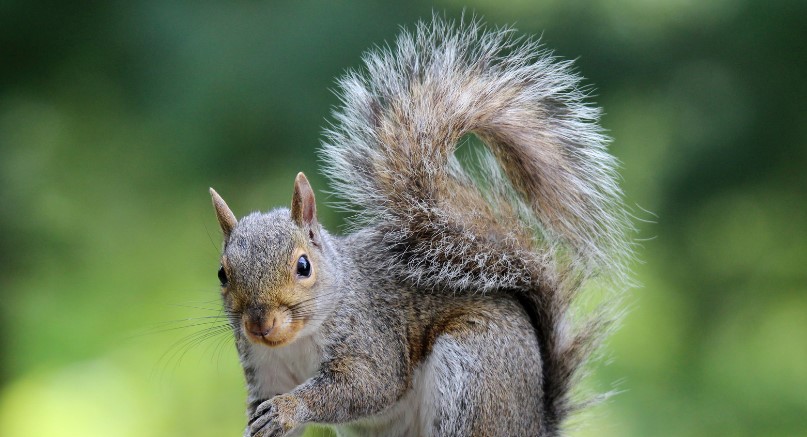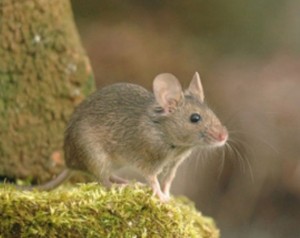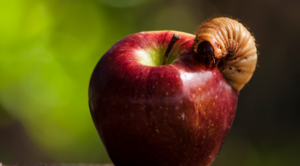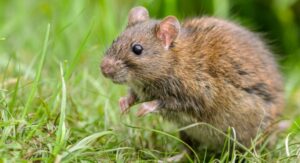Squirrels are undeniably adorable creatures, known for their playful antics and bushy tails. However, when these furry rodents decide to make your home their own, they can become a nuisance. Understanding what attracts squirrels to your house is the first step in effectively managing and preventing these unwanted guests. In this article, we’ll explore why squirrels are drawn to your home and offer tips on keeping them at bay.
What Attracts Squirrels to Your House?
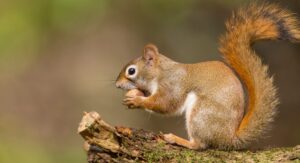
Squirrels are fascinating creatures that bring life to our surroundings with their playful antics and bushy tails. While they may be a delight to watch in the park, squirrels can become a danger when they decide to reside in your home. There are plenty of matters to attract the squirrels to your house. Let’s see them one by one below.
Accessible Food Sources
One of the primary reasons squirrels venture close to homes is the promise of easy access to food. These resourceful animals are omnivores, and their diet includes a wide range of items, such as nuts, seeds, fruits, vegetables, and even small insects. Here are some common food sources that may attract squirrels:
Bird Feeders
Squirrels are notorious for raiding bird feeders, as they enjoy the same seeds and nuts that attract birds. To deter them, consider investing in squirrel-proof bird feeders or placing feeders away from trees and structures that squirrels can use as launchpads.
Gardens
If you have a garden, it can become a buffet for hungry squirrels. Protect your fruits and vegetables using fencing or netting, and consider planting squirrel-resistant plants.
Unsecured Trash
Squirrels are opportunistic feeders and won’t hesitate to rummage through your garbage if it’s easily accessible. Use secure trash bins with tight-fitting lids to keep them out.
Shelter and Nesting Sites
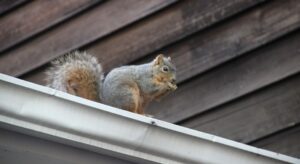
Squirrels seek shelter and nesting sites, especially during the breeding season. Common attractions include:
Trees and Attics: Squirrels are agile climbers and may enter your attic through openings in the roof or nearby trees. Trim branches that provide easy access to your home and seal any openings.
Chimneys: Unsuspecting homeowners may find red squirrels nesting in their chimneys. Install chimney caps to prevent entry.
Water Sources
Squirrels, like all animals, need water to survive. They are drawn to properties with accessible water sources, such as:
Birdbaths: If you have a birdbath, ensure it’s not easily accessible for squirrels. Consider placing it on a pedestal or in an area difficult for them to reach.
Leaky Pipes and Dripping Faucets: Fix any leaks around your property, as squirrels may be attracted to the sound of dripping water.
Preventive Measures to Stop Squirrels
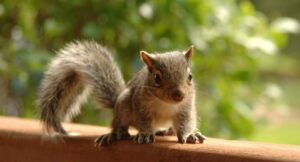
Now that you know what attracts squirrels to your house, it’s essential to take steps to deter them:
- Regularly inspect your home for openings, gaps, and cracks that squirrels can use to enter. Seal these entry points with appropriate materials, such as steel mesh or caulk.
- Store birdseed, pet food, and garbage in secure containers. Consider investing in squirrel-proof bird feeders or placing them strategically.
- Use fencing or netting to protect your garden from squirrels. Choose plants that squirrels are less likely to target.
- Trim back branches that overhang your home, making it harder for squirrels to access your roof.
Final Thoughts
With the knowledge of what attracts squirrels to your house, you can easily eliminate that pest. Always prioritize humane methods and consult professional pest control services like Empire Pest Control if squirrel infestations become overwhelming. With the right approach, you can enjoy the beauty of squirrels in the wild while keeping them out of your home.


